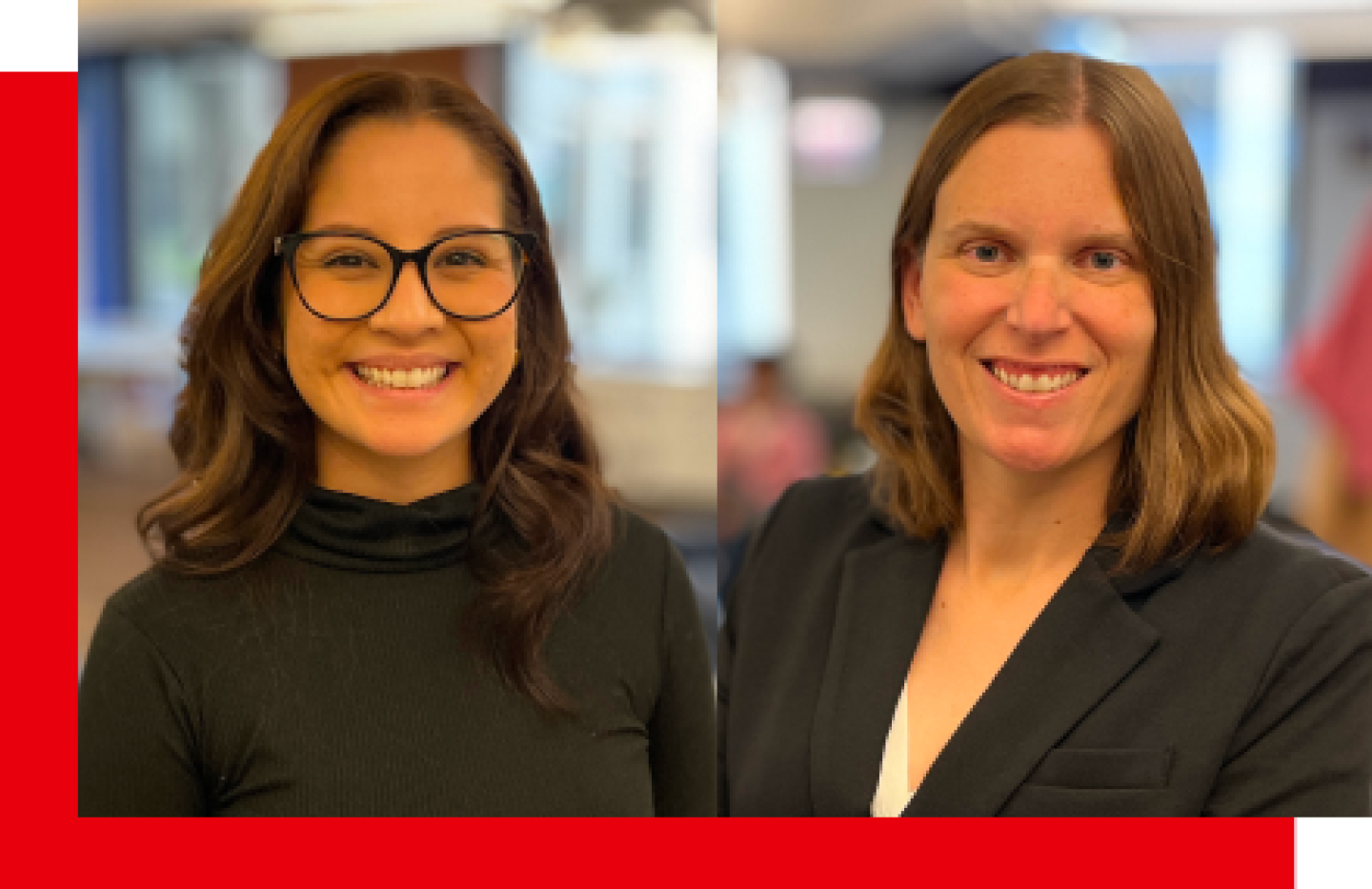Develop specialized skills to support autistic children across the spectrum
As autism diagnoses continue to grow, educators, families, and support professionals need specialized knowledge to create inclusive environments where every child can thrive.
The University of Kansas online graduate autism certificate provides focused, practical training in evidence-based assessment and intervention strategies. Designed for completion in less than a year, this program offers a direct pathway to autism expertise with the flexibility to fit your current work and life commitments.
Note: In order to enroll in this program, a bachelor's degree is required.
Program details
- 100% online with no campus visits required
- 5 courses (15 credit hours)
- 8-week courses for focused study
- Complete in as few as 8 months
- Observational field experience required
- No GRE required for admission
- Credits may apply toward the autism master's degree
Build expertise that makes a difference
Online Graduate Autism Certificate
Complete specialized training in less than one year
This focused graduate certificate develops essential skills for assessing and supporting autistic children and youth across diverse settings. Through detailed case studies and observational field experiences, you'll gain the knowledge and confidence to implement evidence-based interventions that make a real difference in young lives.
You'll explore the full spectrum of autism characteristics and develop practical skills for assessment, intervention, and support across various educational and clinical settings. The program emphasizes evidence-based practices, individualized approaches, and collaborative strategies that help autistic learners succeed. Your learning is reinforced through required field observations that connect theory to real-world application.
*This online graduate certificate does not lead to initial nor advanced licensure in special education.
Choose this program to:
- Gain observational field experiences with qualified professionals
- Learn evidence-based assessment and intervention strategies
- Earn credits that transfer to the autism master's program if you choose to continue
- Study persona-based case studies that humanize the learning experience
This program is ideal for:
- Special education teachers seeking specialized autism expertise
- School administrators and support personnel
- Behavior analysts and interventionists
- Family members affected by autism
- Healthcare professionals (OT, PT, speech pathologists)
- Anyone working with autistic children and youth
Looking for more comprehensive training?
Online graduate autism certificate course descriptions
The online autism certificate teaches learning professionals how to effectively work with students across the spectrum. These 5 courses provide comprehensive foundation knowledge you can immediately apply in your professional practice. All courses listed are worth 3 credits.
Please note: Course list and sequence is subject to change.
SPED 760 Introduction to Autism
SPED 785 Application of Assessment Information for Exceptional Children & Youth: Autism
SPED 790 Methods for Learners with Higher-Functioning Autism
SPED 860 Education of Children & Youth with Disabilities: Autism
SPED 772 Observation and Participation with Children and Youth with Autism
Advance your skills, expand your impact
The University of Kansas online education programs are built for people who want to make a difference—in classrooms, schools, and communities. Whether you’re a teacher, administrator, parent, nonprofit professional, you’ll find programs that connect research to practice and provide tools you can put to use right away. With flexible online courses and dedicated faculty support, KU helps you grow your expertise while continuing the important work you’re already doing.
- ✓ 8-week focused courses
- ✓ Evidence-based, research-driven curriculum
- ✓ Practical skills you can apply immediately
- ✓ Top-ranked by the U.S. News & World Report*
*Retrieved on August 18, 2025 from usnews.com/education/online-education/university-of-kansas-155317
Complete the form below to receive more information about your selected program, straight to your inbox.

Create spaces where every child can soar
Autism presents unique challenges and extraordinary possibilities. Without skilled support, autistic children may struggle to reach their full potential in educational and social settings. But with knowledgeable, compassionate professionals who understand evidence-based approaches, these same children can thrive and achieve remarkable outcomes.
KU's online graduate autism certificate empowers you to become that skilled professional. Whether you're working in schools, clinical settings, community programs, or supporting your own family, this focused training provides the expertise to make a lasting difference in the lives of autistic children and youth.
Whether you're looking for focused professional development or comprehensive graduate-level training, KU offers multiple pathways to build your autism expertise.
- The graduate certificate in autism offers specialized training in less than one year
- The autism master's degree provides the most comprehensive preparation for autism education leadership
Each pathway empowers you to make a lasting difference in the lives of autistic children and their families.
Trying to decide which autism program is right for you?
Erica and Susan are experienced admissions outreach advisors dedicated to supporting education professionals like you. Working one-on-one, they’ll help you clarify your goals, choose an elective pathway, and navigate application and practicum planning.

Make a lasting impact in education
Ready to join the next generation of educational leaders? KU's online education programs offer three starts per year, making it easier to begin your journey when the time is right for you.

